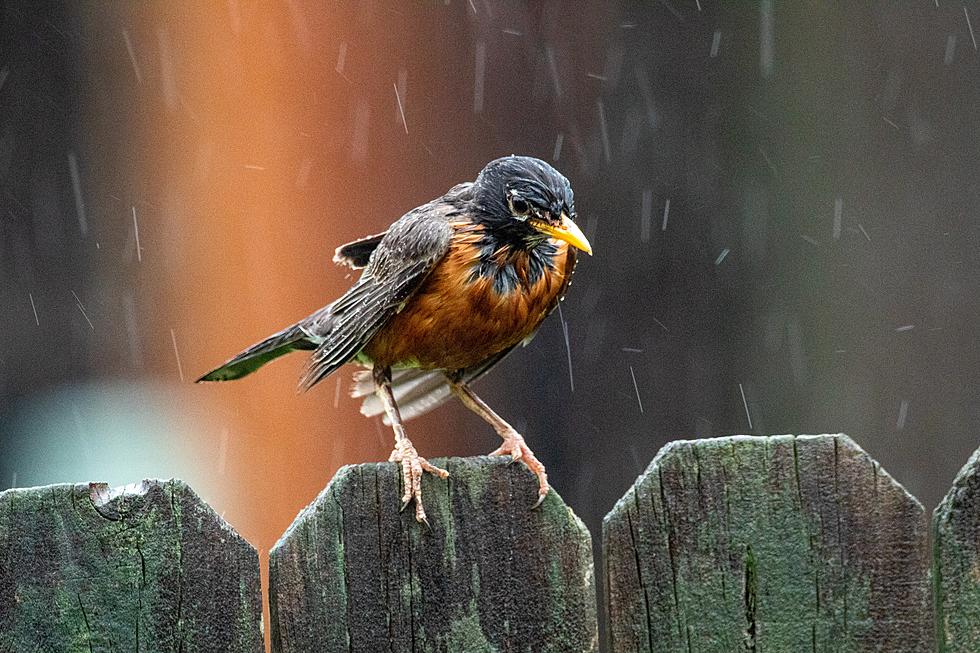St. Cloud’s Rain Gardens Help Prevent Water Pollution [VIDEO]
ST. CLOUD -- With about 125 of them in St. Cloud, rain gardens are more than just a pretty landscaping feature.
"They're small vegetative depressions designed to take stormwater runoff in from our streets, parking lots and rooftops."
Noah Czech is the Stormwater Compliance Specialist for St. Cloud. He says rain gardens help protect area bodies of water such as the Mississippi River.
"As stormwater runoff picks up different pollutants, things like grass clippings, sediments off of the streets, our parking lots and maybe our driveways, the rain gardens are designed to treat and filter that stormwater runoff rather than send those pollutants to our waterways."
Rain gardens are typically one foot deep. Czech says the plants placed in each garden work with the soil to filter the stormwater.
"There's a combination of the plant roots and the soils that will filter and capture the different pollutants in our stormwater runoff to keep that from getting into our waterways."
Rain gardens do vary in size but are dependant on specific plants.
"We do plant them with a mixture of native grasses and flowers, native to the St. Cloud area."
With these native plants, Czech says they attract butterflies and bees, which also benefits the environment.
"My focus is on the primary which is the water quality part of it but on the secondary, we get the esthetics, we get some of the habitat benefits for the pollinators and we also get some of the birds and other animals that can live inside our rain gardens."
Rain gardens are often included in new construction projects and are usually funded through grants. If you're looking to make your own rain garden reach out to Czech, his number is 320-255-7226.
More From AM 1240 WJON









